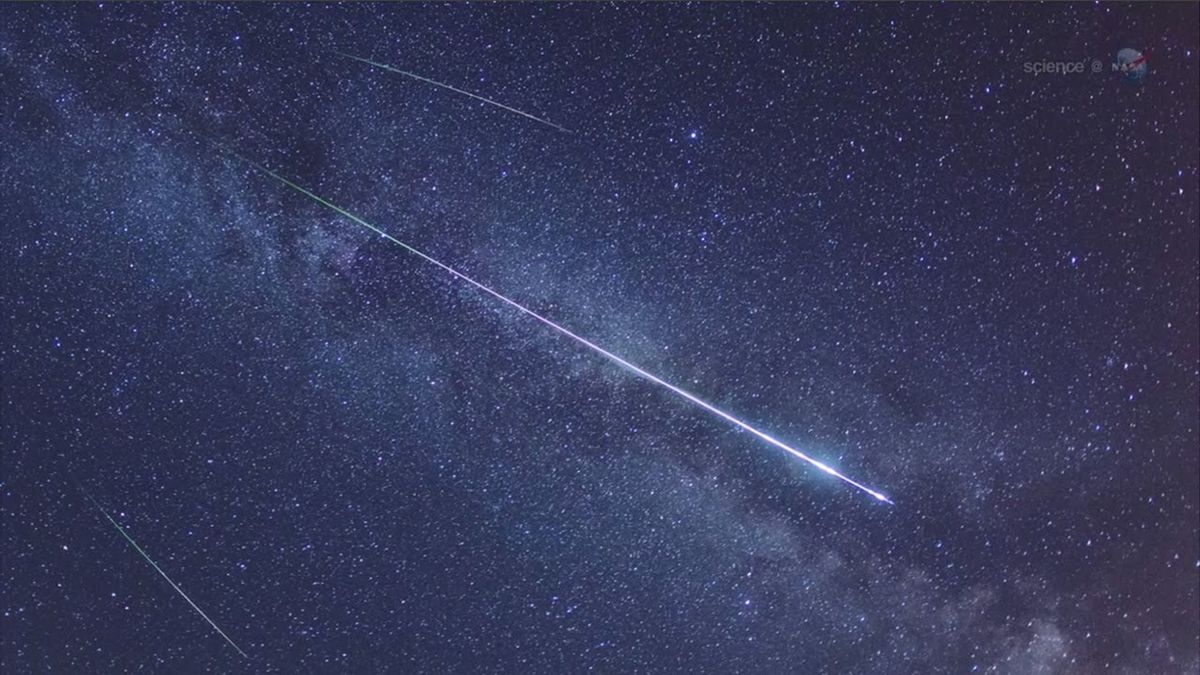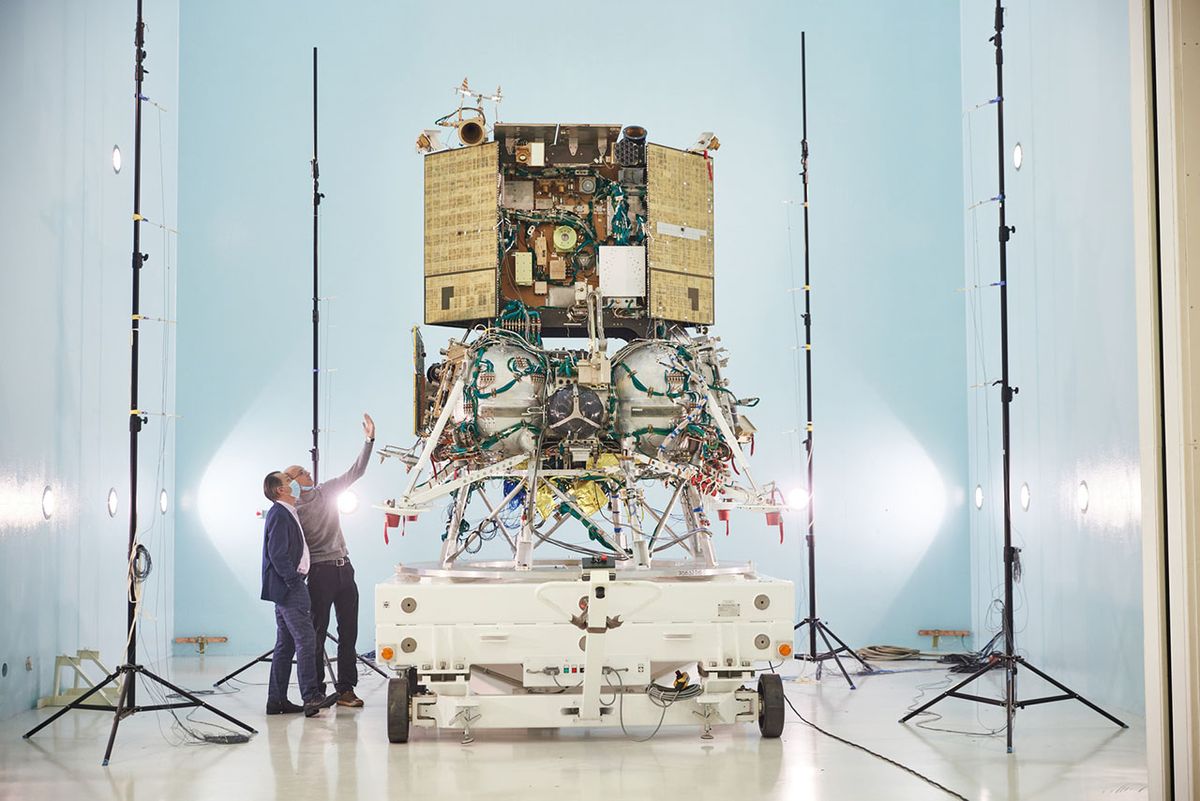
In a history-making announcement Friday April 16, NASA announced that it had chosen SpaceX to develop the first lunar lander to return humans to the surface of the Moon since the Apollo program ended nearly 50 years ago in 1972.
Elon Musk’s SpaceX trumped Jeff Bezos’s “National Team” (a collaboration of Blue Origin, Lockheed Martin, Northrop Grumman, and Draper) and Leidos-owned Dynetics for the contract award valued at $2.89 Billion, covering the cost of lander development and a demonstration flight.
Science journalist outlines challenges of settling the Moon and Mars - SpaceFlight Insider

In an April 6, 2021, online lecture sponsored by the Space Telescope Science Institute ( STScI ) titled “Spacefarers: How Humans Will Settle the Moon, Mars, and Beyond,” Wanjek, who authored a book with the same title in 2020, focused on the engineering, emotional, and economic challenges that will confront human activity in space over the next 30 years.
“I think we’ll be on the Moon in 10-15 years with science bases and on Mars in 20-25 years,” he predicted, attributing future progress in human space exploration heavily to commercial companies like SpaceX , which are currently driving space exploration.
Lyrid meteors face off against a bright moon | Space

Come Thursday morning (April 22), the first good meteor shower in nearly four months reaches its peak with the annual Lyrid meteor shower , although a bright moon could interfere.
The Lyrid shower is not a rich display, certainly not to be compared to December's Geminids or the Perseids of August. A single observer looking skyward under dark, clear skies may see 10 to 20 meteors per hour.
But many of these meteors tend to be brilliant and appear to move fairly fast, streaking through our atmosphere at an average velocity of 30 miles (48 kilometers) per second. About a quarter of them leave persistent trains. Within a day on either side of the maximum, a skywatcher can usually catch five to 10 Lyrids under good skies.
Russia is going back to the moon this year | Space

Russia is revisiting its Soviet space heritage for a new series of missions that will take the nation back to the m o on .
The first of those missions, dubbed Luna 25, is scheduled to launch this October, ending a 45-year drought of Russian moon landings with the nation's first arrival at the south pole, where, like everyone else targeting the moon, Russian scientists want to study water locked below the surface in permanent ice.
"The moon is the center of our program for the next decade," Lev Zelenyi, scientific advisor for the Russian Space Research Institute, said during a virtual presentation on March 23 hosted by the National Academy of Sciences.
Mr. George Edward Moon, Jr. | Obituaries | alexcityoutlook.com

He is survived by his daughters, Donna Humphrey (Melton) of Goodwater and Denise Allred (Mark) of Monroe, LA; sons, Keith Moon (Kathy) of Alexander City and Ed Moon, III (Michelle) of West Point, GA; grandchildren, James Humphrey (Sharon), Julie Daniel (Michael), Beth Williams (Lance), Brooke Kirkendall (Daniel), Michette Moon, Melinne Mancinelli (Mike), MeKae Moon, Randi Li Moon and Jacob Moon; great-grandchildren, Dalton Daniel, Landon Daniel, Hudson Daniel, Shelley Turner (Neal), Holly
First supermoon of 2021: See the Pink Moon light up the night sky this month | WHNT.com
According to the Old Farmer's Almanac, the Pink Moon rises on the night of Monday, April 26. It is the first supermoon of 2021.
If you're interested in getting the best view, the Almanac says you should find an open area and watch the moon as it rises just above the horizon. Experts say this is the point at which it will appear the biggest.
Has the Biden administration abandoned the idea of a moon base? | TheHill

The Biden administration has released the details of its proposed fiscal 2022 budget. The language concerning NASA in general and Artemis in particular is of interest.
While the overall NASA budget will be increased by $1.5 billion, the Artemis program will get a paltry $325 million boost. However, part of the language about Artemis is concerning.
The language does not mention the idea of a lunar base, which is part of the current Artemis program. The phrase, "a series of crewed exploration missions to the lunar surface and beyond" might suggest that the Biden administration is thinking of a succession of short-term lunar expeditions, on the model of the Apollo program, rather than a permanent lunar outpost, on the model of the International Space Station (ISS).
Biden, South Korea's Moon to meet in late May: Seoul statement | 1330 & 101.5 WHBL
SEOUL (Reuters) - U.S. President Joe Biden will meet with South Korean President Moon Jae-in in a summit in late May, a statement from Moon's office said on Friday.
The two leaders will discuss ways to develop the strong bilateral alliance between their countries and close cooperation to "achieve complete denuclearization and lasting peace" on the Korean peninsula, the statement from Moon's spokesman Kang Min-seok said.
The statement comes a day before Biden is scheduled to meet with Japanese Prime Minister Yoshihide Suga in Washington.
Can You Crack The Case Of The Crescent Moon? | FiveThirtyEight

You are creating a variation of a Romulan pixmit deck. Each card is an equilateral triangle, with one of the digits 0 through 9 (written in Romulan, of course) at the base of each side of the card. No number appears more than once on each card. Furthermore, every card in the deck is unique, meaning no card can be rotated so that it matches (i.e., can be superimposed on) any other card.
Extra credit: Suppose you allow numbers to appear two or three times on a given card. Once again, no card can be rotated so that it matches any other card. Now what is the greatest number of cards your pixmit deck can have?
No comments:
Post a Comment